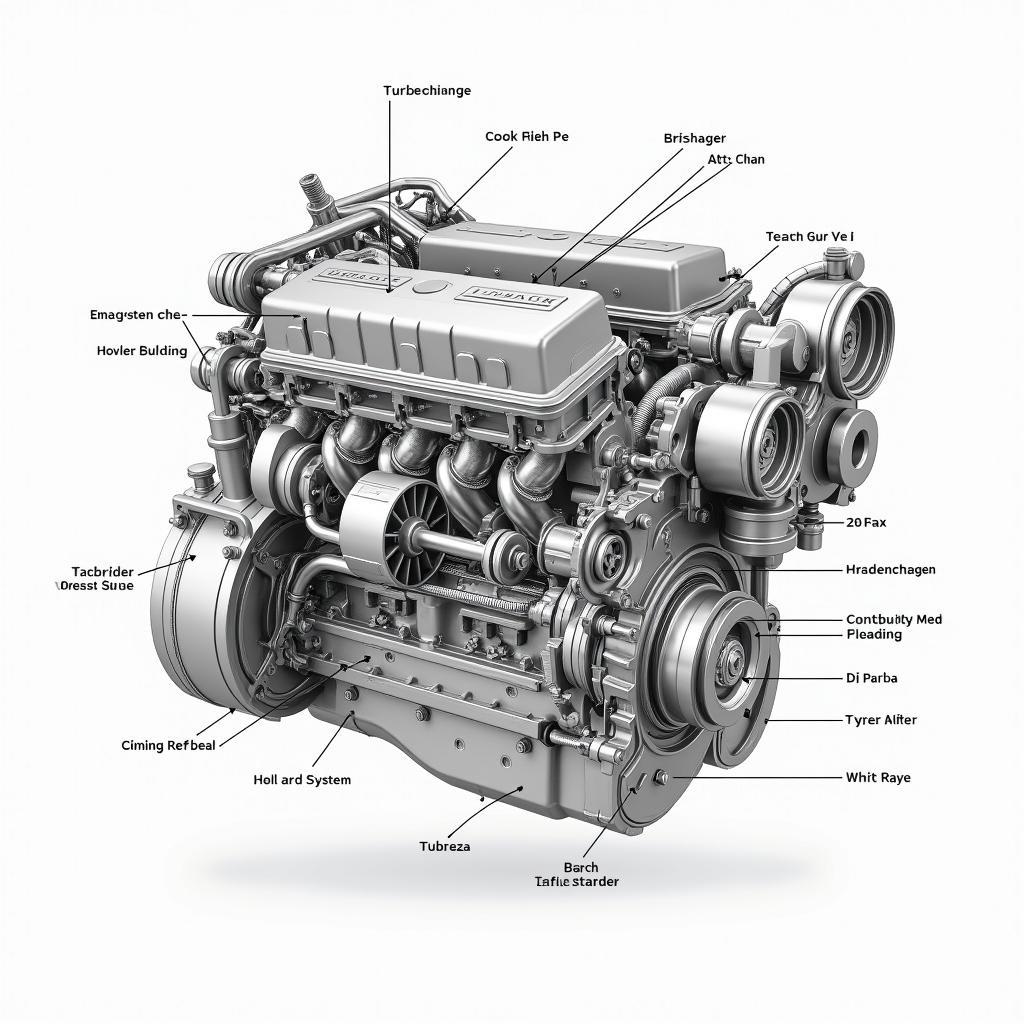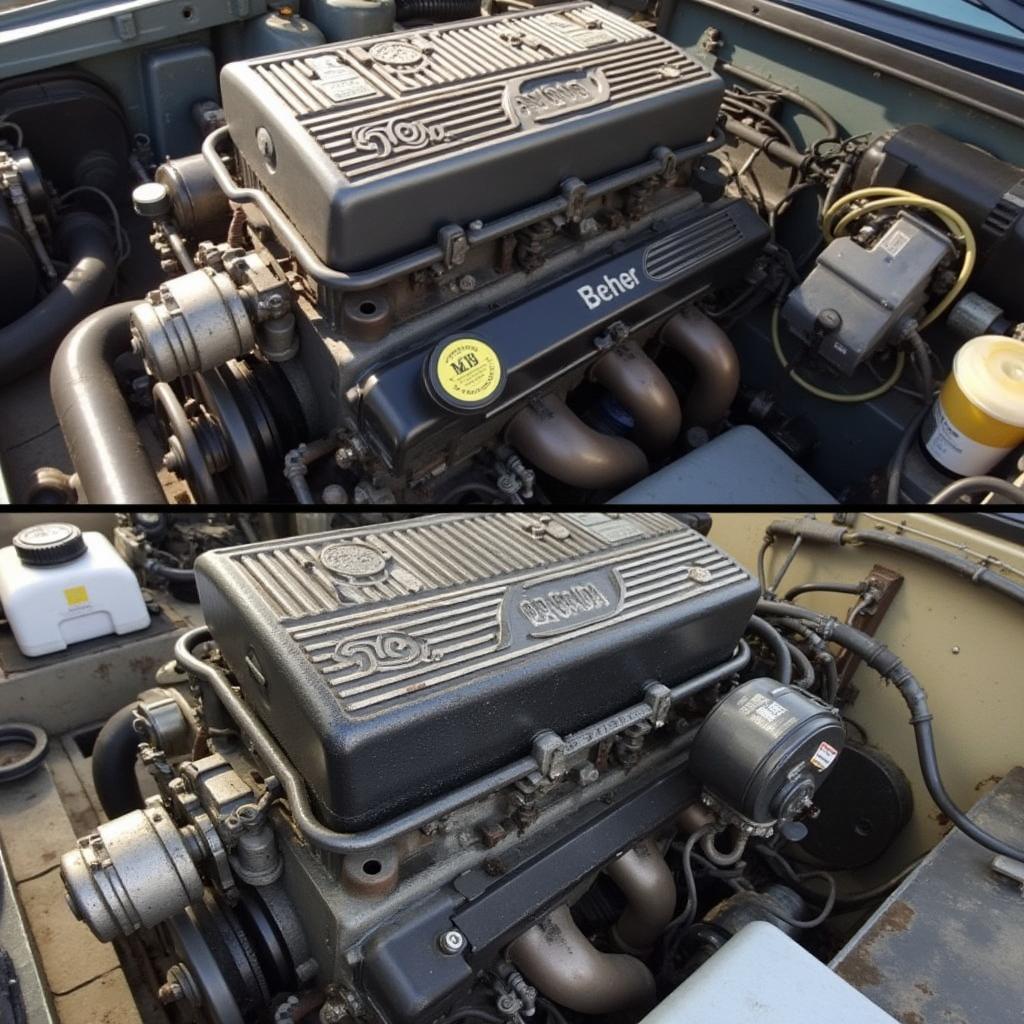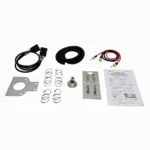The term “TSI engine durability” concerns many car owners and prospective buyers. The combination of performance and efficiency offered by TSI engines is appealing, but what about their longevity? In this article, we delve deep into the world of TSI engines to answer this question comprehensively.
What Does ‘TSI Engine Durability’ Actually Mean?
“TSI engine durability” refers to the lifespan of a TSI engine, meaning the time it functions reliably before major repairs are needed. This is influenced by many factors, including the quality of construction and manufacturing, the owner’s driving style, and adherence to maintenance intervals.
TSI Engines: A Brief Overview
TSI stands for “Turbocharged Stratified Injection” and refers to a series of gasoline engines developed by Volkswagen AG. These engines are known for their combination of performance, torque, and low fuel consumption. However, as with any technology, TSI engines also have specific points that influence durability.
 Cross-section of a TSI engine
Cross-section of a TSI engine
Factors Influencing TSI Engine Durability
- Maintenance: Regular maintenance, such as oil changes using the manufacturer-recommended oil types, is crucial for the lifespan of any engine, especially turbocharged engines like TSI engines.
- Driving Style: Aggressive driving with frequent full-throttle acceleration and high RPMs can stress the engine more and shorten its lifespan.
- Fuel Quality: Using high-quality fuel can help prevent deposits in the engine and extend the lifespan of the fuel injectors.
- Construction and Manufacturing: The quality of the materials used and the precision of manufacturing play a significant role in an engine’s durability.
Common Myths About TSI Engine Durability
Many rumors circulate online about the reliability of TSI engines. Some of these myths are exaggerated, while others are based on experiences with older engine versions.
- “TSI engines always have timing chain issues”: While some early TSI engines did experience timing chain problems, these were addressed in later versions.
- “TSI engines consume excessive oil”: A certain amount of oil consumption is normal for turbocharged engines. However, excessive oil consumption can indicate a problem that should be addressed.
How to Extend the Lifespan of a TSI Engine
- Regular maintenance according to manufacturer specifications.
- Use high-quality fuel.
- Avoid aggressive driving.
- Allow the engine to idle briefly after long drives before shutting it off.
- Pay attention to unusual noises or warning lights and consult a workshop if in doubt.
TSI Engine Durability: Conclusion
The durability of a TSI engine depends on many factors, from maintenance to driving style. Generally, with proper care, TSI engines can achieve a long lifespan. As “Engine Expert Dr. Ing. Hans Müller” writes in his book “Modern Engine Technology”: “An engine’s longevity is not just a matter of design, but also of care.”
 Promoting TSI engine longevity through proper care
Promoting TSI engine longevity through proper care
Have More Questions About TSI Engine Durability?
Visit our website autorepairaid.com for more information on car repair and maintenance topics. Our experts are available to answer your questions and assist you with advice and practical help.
